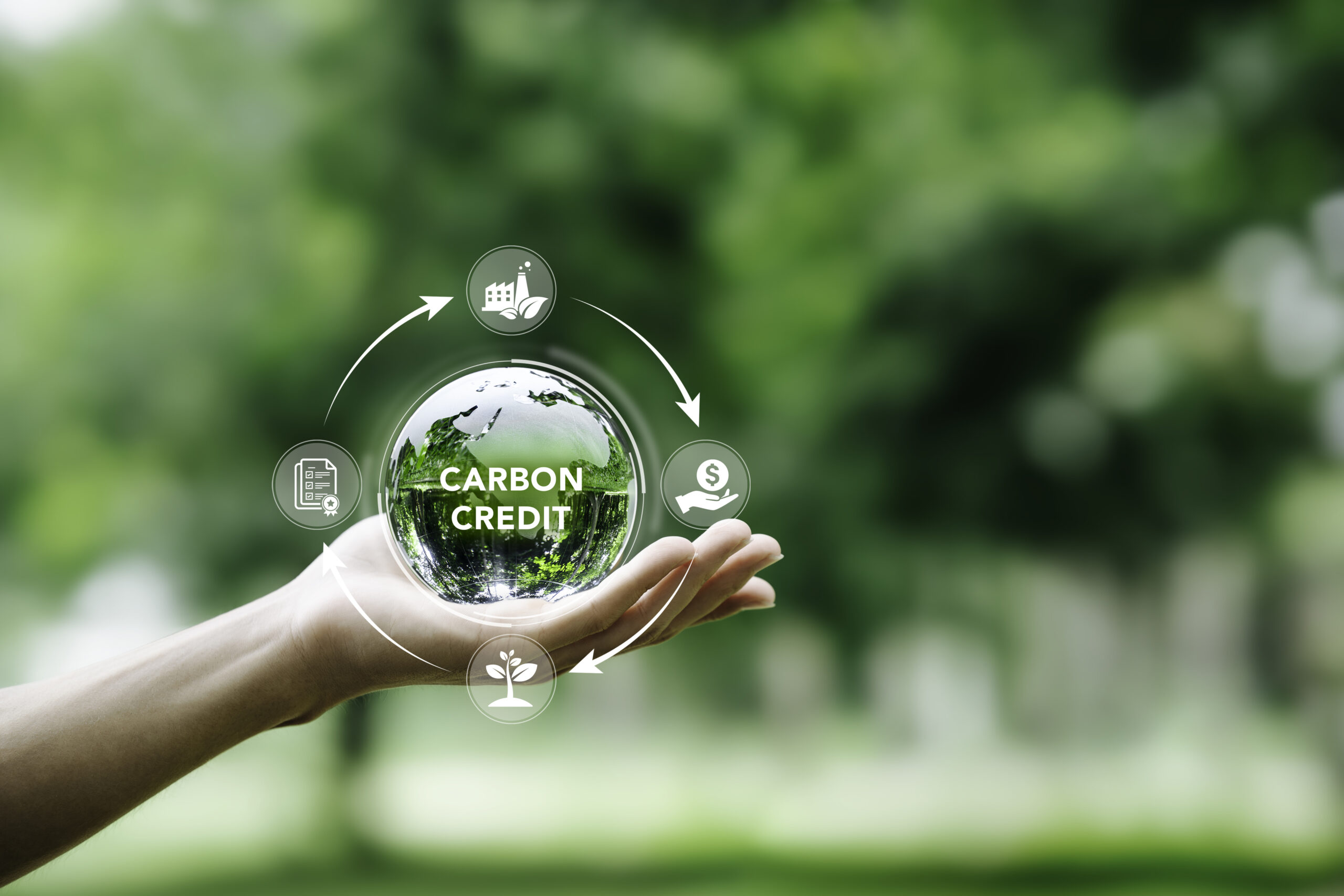Balancing Kenya’s carbon deal with Saudi Arabia: Addressing land degradation and acquisition challenges.

Following UNEA 6, Kenya and Saudi Arabia have entered into a voluntary agreement on carbon credit deals to help Kenya tackle land degradation issues. Unlike compliance markets, which are created as a result of any national, regional, and/or international policy or regulatory requirement, voluntary carbon markets enable companies to voluntarily offset their carbon emissions using carbon credits and invest in projects that positively contribute to mitigating climate change.
Voluntary carbon markets hold the potential to drive climate action and facilitate the transition towards a net-zero future. Their ability to provide companies with a mechanism to offset unavoidable emissions is pivotal, especially due to the urgency of achieving their carbon reduction goals. By investing in projects that align with their values and their brand, companies can not only contribute to climate change mitigation but also drive positive social change through financing projects.
There’s no denying the potential of carbon deals when it comes to restoring degraded land. These deals can encourage reforestation, afforestation, and improved agricultural practices that enhance soil health and reduce erosion. Furthermore, carbon market deals can provide financial resources to support land rehabilitation projects, such as restoring degraded lands and preventing further degradation. This can lead to increased land productivity, biodiversity conservation, and resilience to climate change impacts. Additionally, carbon market deals can create economic opportunities for communities living in areas affected by land degradation. Through the implementation of sustainable land management practices, communities can diversify their livelihoods, increase their income, and improve their overall well-being.
Despite the benefits that such a deal could offer, the threat of greenwashing remains alive and real. Since most voluntary markets are largely unregulated, we run the risk of companies and countries using credits as a ploy not to reduce their emissions. This is counterproductive as it makes no difference to the planet’s atmosphere. A case in point is the recently held Intergovernmental Negotiation Committee on Plastic Pollution (INC3) discussions which arguably failed to achieve the core objectives and unfortunately concluded without any concrete plan towards a greener future. The plastics industry, and oil and petrochemical exporters, including Russia and Saudi Arabia, pushed for a global deal promoting recycling and re-use of plastic despite environmental specialists highlighting that much less needs to be produced in the first place. It remains unclear why Saudi Arabia, a polymer producer, is partnering with Kenya to restore land while opposing global efforts to eliminate plastic pollution.
Additionally, there are legitimate concerns over land acquisition, with local communities at risk of being casualties of environmental conservation. The bill may inadvertently encourage land grabbing by profit-driven entities exploiting the carbon credit market. A case in point is one major conservation project being carried out by the Cambodian Ministry of Environment in collaboration with the conservation group Wildlife Alliance. The conservation project that encompasses a rainforest in Cambodia is ploughing ahead, but the indigenous peoples living there now face eviction and criminal charges for farming and foraging on their traditional lands. The initiative encompasses half a million hectares and 29 villages that include 16,000 people in Cambodia’s Cardamom mountains, a rainforest area that has been home to the indigenous Chong people for centuries. The Chong agree with the project’s aim of protecting the rainforest, but they want to be treated as partners. Environmental conservation strategies that sideline and punish local communities and indigenous peoples to address the global environmental crisis are unacceptable and counterproductive.
Carbon markets should not become a mere tool for polluters to offset their emissions without providing substantial climate solutions. To ensure carbon markets are a force for good, we need solutions. Free, Prior, and Informed Consent (FPIC) must be a cornerstone principle. Local communities ought to have a say in any projects affecting their land. Furthermore, a shift towards community-based projects is essential. When projects are designed and managed with local communities, they are more likely to be sustainable and ensure that the benefits are shared. Carbon markets can be a powerful tool for tackling climate change, but only if implemented responsibly. By prioritising strong land rights protections, community participation, and transparent governance, we can ensure these deals are truly sustainable and equitable. Moving forward, the focus should be on creating a win-win scenario for both the environment and local communities.

